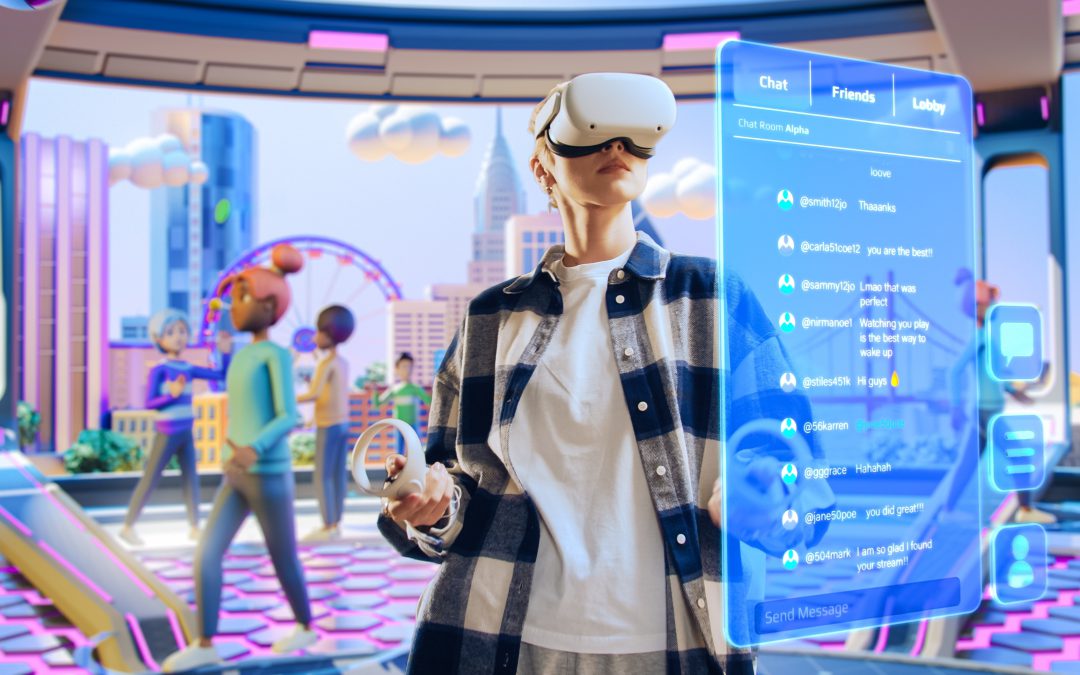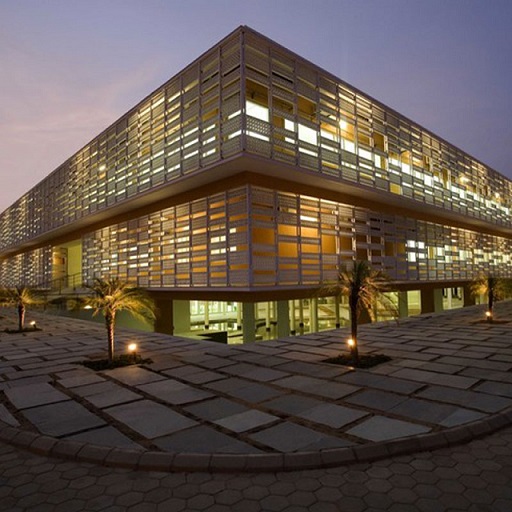By Emanuel Maia
Dean – Technology & Innovation
Pearl Academy
The future of game design is shaping up to be a landscape where technology, creativity, and player experience intersect in increasingly sophisticated ways. The following discussion, grounded in the most recent industry insights, outlines key trends that are likely to influence game development moving forward.
Metaverse and Online Infrastructure: One of the most discussed trends in the gaming industry is the expansion of the metaverse—a collective virtual shared space, created by the convergence of virtually enhanced physical reality and physically persistent virtual space, including the sum of all virtual worlds, augmented reality, and the internet. Games are increasingly being built with robust online infrastructures to support their integration into the metaverse, allowing players to interact with one another and experience various worlds within a shared space.
Cloud Gaming and Cross-Platform Technology: The simplification of multiplatform game development through cloud-native technologies is a significant trend. Developers are moving towards a ‘build once, deploy everywhere’ model, facilitated by cloud gaming infrastructure. This approach helps in reducing development time, costs, and the challenges associated with staggered releases across different platforms. The advancements in cross-platform technologies also enable games to be more accessible on various devices, ranging from PCs to mobile phones, thus expanding the potential user base.
Artificial Intelligence (AI): AI is playing an increasingly critical role in game design, from AI-driven game development tools to chatbots that enhance player interaction. AI can be leveraged for procedural content generation, creating dynamic gameplay experiences, and personalizing player interactions, thus opening new avenues for innovation within game design.
Talent Acquisition and Retention Challenges: A significant challenge facing game development teams is talent acquisition and retention. The industry is currently experiencing a labour shortage that affects studios of all sizes. This shortage is exacerbated by the pandemic-induced shifts in work culture and can impact the speed and quality of game development.
Time Management and Innovation: AAA developers, in particular, are feeling the pressure of time constraints. Issues like lengthy build times and insufficient time to iterate are among the most pressing challenges. This underscores the need for efficient development practices and tools that can help accelerate the production cycle without compromising on innovation.
Platform Preferences: While there was an expectation that AR and VR would dominate the gaming industry, the actual uptake has been slower than anticipated. Currently, PC remains the dominant platform for game development, with developers favouring established markets over emerging ones, likely due to economic uncertainties.
Cultural and Design Shifts: Game developers are advocating for changes in the work environment, aiming to reduce the ‘crunch culture’ prevalent in the industry. There is also a desire to shift away from profit-driven design towards creating more unique and meaningful gaming experiences. Additionally, there is a call for greater inclusivity, with a push to increase representation for underrepresented groups and support remote work arrangements.
Technological Innovations and Niche Genres: Developers are excited about the potential of new technologies, including AI and VR, despite the slower growth of the latter. There is also a keen interest in the revitalization of niche genres, suggesting that the future of game design may see a more diverse array of game types and experiences tailored to specific audiences.
In summary, the future of game design is poised to be influenced by technological advancements that enable more integrated, cross-platform, and personalized gaming experiences. The emphasis on the metaverse, AI, and cloud gaming reflects a shift towards more connected and accessible gaming environments. Simultaneously, the industry is grappling with internal challenges related to labour and time management, while also seeking to adopt a more inclusive and artistically-driven approach to game creation.
Explore our exclusive gaming courses powered with Unreal Engine.












